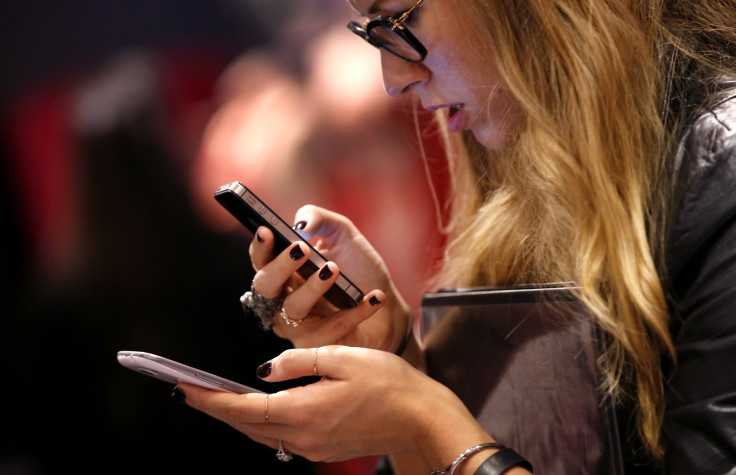Fooled By A Google Search: Why You Probably Think You're Smarter Than You Are

What would our lives be without Google? Mostly, we’d feel a lot less intelligent, say Yale researchers. Searching the Internet, their new study finds, creates the illusion that access to online information is our own real knowledge. Sadly, the nine psychological experiments they conducted more than adequately prove we consistently mistake search results for our own internal knowledge.
“Searching for information online is an extremely important skill and it’s a powerful way to gain new insight. Our research is showing a tradeoff,” Matthew Fisher, lead author of the study and a fourth year graduate student at Yale’s Cognition and Development Lab, wrote Medical Daily in an email. “People end up thinking that the information stored online is information they know themselves.”
For a series of experiments, the researchers began by recruiting American volunteers online and then assessing their self-perception. In the first study, the researchers presented a subset of these volunteers, about 200 people, with four precise questions, such as “How does a zipper work?” After instructing half the participants to search online and provide a link to the best answer, the researchers told the others to figure out answers to these questions “without using any outside sources.” Eventually, those who did not search for the answer online were given the answer — text taken directly from the website most commonly chosen by the others.
Next, all the participants received four questions on topics unrelated to the first four questions, such as “Why are cloudy nights warmer?” On a one-to-seven scale, participants rated how well they could answer such detailed questions.
The online participants who had searched the Internet rated themselves substantially higher than the offline participants. Yet, prior to the experiment, the two groups had been on par.
Smart(er)phone
Follow-up experiments included assorted variations on this theme with participants assessing their level of knowledge both before and after Internet searches. Again and again, those who googled believed themselves to be more knowledgeable than those who acquired information by some other means.
One revealing variation occurred when the researchers asked a subset of 233 volunteers to perform the "zipper" experiment with one additional feature. Instead of rating their knowledge on a simple one-to-seven scale, the study participants looked at a series of fMRI brain-scans, indicating different levels of cerebral activity. Here, the researchers asked, Which of these scans best corresponds to your brain?
The online participants chose images with higher levels of activation than the offline participants.
In other experiments, the researchers used filters so that whenever the online participants typed a question into a search engine, they either failed to find relevant answers or they found no results at all. Despite coming up empty, the online participants still thought of themselves as smarter than their offline peers.
Fisher suspects “the speed, access, and reliability of the Internet” make it easy for people to conflate or merge searchable knowledge with personal knowledge. When we actively ask someone, a friend, say, to answer our question, we are acknowledging on some level (even if not consciously) that we do not know something. “In comparison, searching the Internet is almost effortless, making it less likely for people to confront the gaps in their own knowledge,” Fisher told Medical Daily. (Sigh.) Always we prove ourselves to be so... human.
Source: Fisher M, Goddu MK, Keil FC. Searching for Explanations: How the Internet Inflates Estimates of Internal Knowledge. Journal of Experimental Psychology: General. 2015.
Published by Medicaldaily.com



























